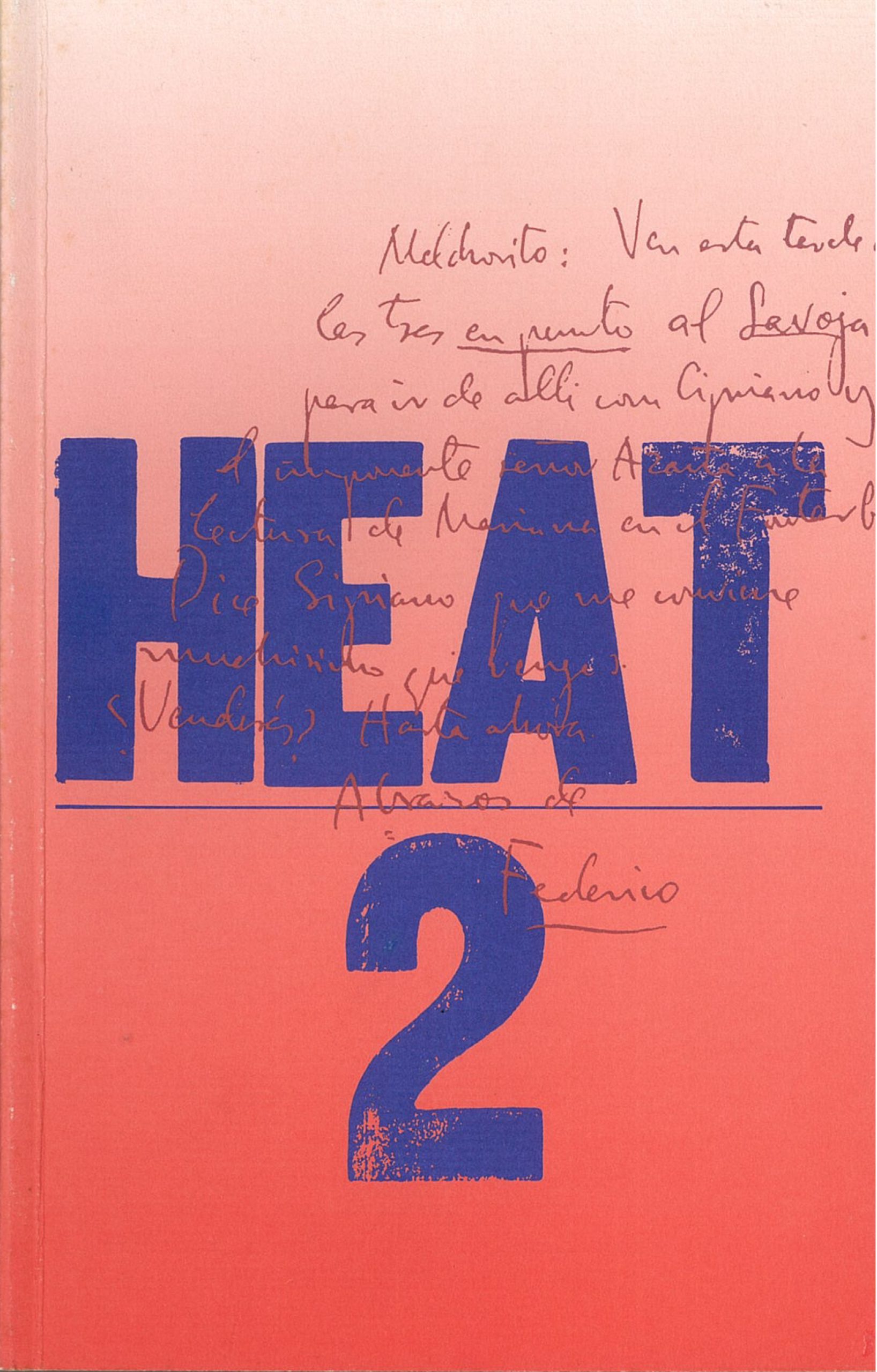Four Poems
Translated from the Chinese by Ouyang Yu
America
my understanding of a nation is not abstract if america did not let off Ezra Pound it would not tolerate me no! I am not satisfied with my own country but that does not mean that I shall love america
The Chinese Punk
that was absolutely a rock ’n’ roll scene thirty years ago when my grandpa was shorn by the red guards into a weird hair style neither yin nor yang neither like human nor devil very much resembling the style that is popular today the chinese punk: thirty years ago
A Blueprint
in a tiny blank space on the blueprint of the urban plan I drew a church at random to allow the city to become a city of faith is this what people refer to as “the finishing touch” comrades please consummate my self-satisfaction
Wild History
I went to bed early tonight there were loud shots outside the wind blew out the fluorescent light the ink was knocked over the clean white paper the cat was on the beam crying its master’s name and the master was under his quilt as silent as a cold cicada all night the dog who had left at around midnight returned at dawn the dog who had left at around midnight was back with a human head in his mouth from the old execution ground I scrutinised it actually it was the head of xxx lost in the year of xx except that there was a bullet hole in its forehead except that there wasn’t a tail on the back of its head I cried out in surprise: “Your Excellency!”
Born in 1966 of mixed Han and Kazakh origins, Yi Sha is one of the most avant-garde poets in contemporary China. His poetry breaks completely with the decency and decorum of traditional, revolutionary and even so-called post-modernist Chinese poetry. In post-1989 Chinese literature he comes closest to the popular novelist Wang Suo in his “hooliganism”, the iconoclastic subversion of the rule of politics over art and literature and the secularization of what has been sublimated by the party. What Yi Sha does in poetry, as he says in his poetic manifesto to Starve the Poets (1994), is “to commit much evil”. “Let poetry enter into an era in which it speaks like a human being,” he declares. “Go to the extreme!”

